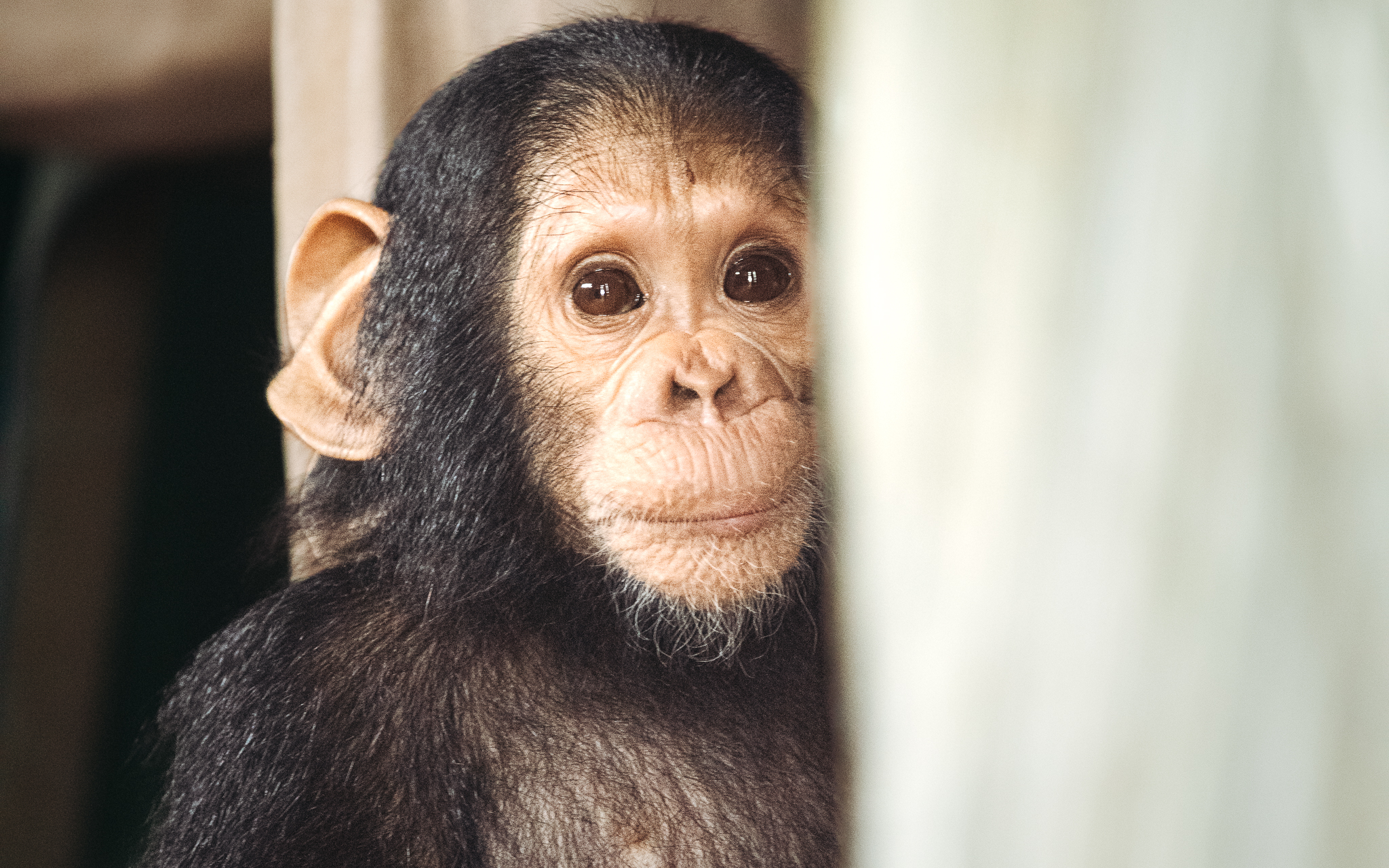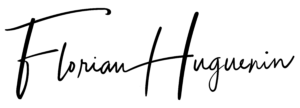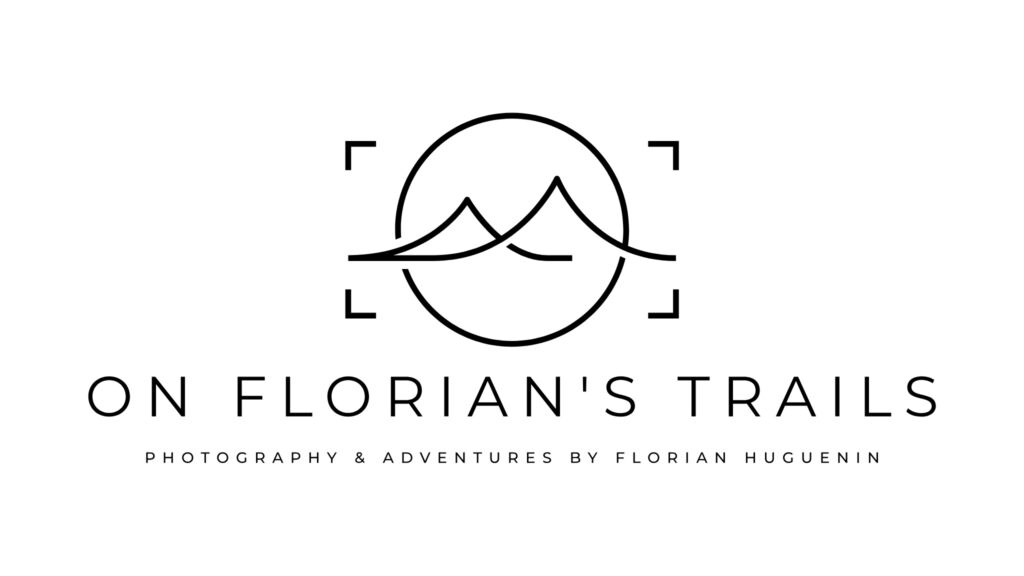
Nestled deep in the lush heart of Cameroon, where the Sanaga River snakes through dense jungle, lies a sanctuary of hope, a refuge for orphaned or wounded chimpanzees. This place, hidden away on protected islands near the village of Marienberg, is where I captured the image of a baby chimpanzee, peering out from behind a door, hesitant yet curious about the unknown world beyond.
My journey to the sanctuary began in Douala, a bustling city where concrete and noise dominate the landscape. The road to Marienberg, a two-hour drive, is an adventure in itself: one hour on smooth tarmac, followed by another on a rugged red soil track cutting through sprawling palm plantations and jungle. It’s a path that forces you to slow down, to absorb the raw beauty of nature reclaiming its space.
Marienberg, a small village on the Sanaga’s shore, holds a unique historical significance. The first church in Cameroon, built by German settlers in 1890, stands here, a silent witness to time’s passage. Visitors must park near this landmark and walk a few meters to a waiting boat. This journey must be planned in advance. The access to the sanctuary is carefully controlled, as it should be. The chimpanzees’ safety depends on it.
The sanctuary, composed of several islands, offers a natural fortress against poachers and predators. These islands serve as a home to rescued chimpanzees, each with a tragic story of loss but also a second chance at life. There is also a nursery and a clinic for those who need extra care, and it was here that I met the tiny creature who would become the heart of my story.
Meeting the baby Chimpanzee
The day was winding down after hours spent navigating from island to island, delivering food to the sanctuary’s residents. And then, in the quiet of the nursery, we saw him: the only infant there at the time. At first, he clung to the legs of a veterinarian, finding comfort in the familiar. When he saw us, he hesitated, unsure of the strangers before him. Instinct told him to hide, and so he did, slipping behind a door, peeking out cautiously. Minutes passed, and then, curiosity overcame fear. Little by little, he revealed himself, first a glance, then a step forward, and finally, his whole tiny body emerged. That was the moment I took the photograph.
This little chimpanzee, so fragile yet so full of potential, is an orphan. His mother was killed by poachers. He is alive because people cared enough to rescue him. And yet, the fact that he needed rescuing at all is a stark reminder of the excesses of human over-consumption and destruction.
I have always been deeply sensitive to wildlife conservation. While I understand that in some parts of the world, people hunt out of necessity, in Cameroon, food is not scarce. Poaching here is not about survival. It is about misguided beliefs. Some consume chimpanzee meat under the false notion that it grants strength or power. This superstition is not just irrational; it is devastating.
Photography, to me, is about witnessing and giving a voice to the voiceless. This little chimpanzee’s gaze is a silent plea. Not just for himself, but for all wildlife threatened by human greed and ignorance.
This sanctuary is a place of hope, a testament to what can be done when people choose to protect rather than exploit. But conservation is not just the work of a few. It is a collective responsibility. The world would be a much better place if everyone helped in their own way, no matter how small. As the tale of the hummingbird reminds us, even the tiniest efforts matter.
In this ancient fable, a forest was ablaze, and while all the animals stood helplessly watching the devastation, a small hummingbird flew back and forth, carrying droplets of water in its beak to try and put out the fire. When the other animals questioned its seemingly futile efforts, the hummingbird simply responded, “I am doing my part.”
This is the essence of conservation: small acts, multiplied, create meaningful change. In consuming, take only what you need. In helping, do your part. Live simply.
This little chimpanzee, standing at the threshold of his uncertain future, carries a lesson for us all. It is not just his world that is at stake. It is ours too.


